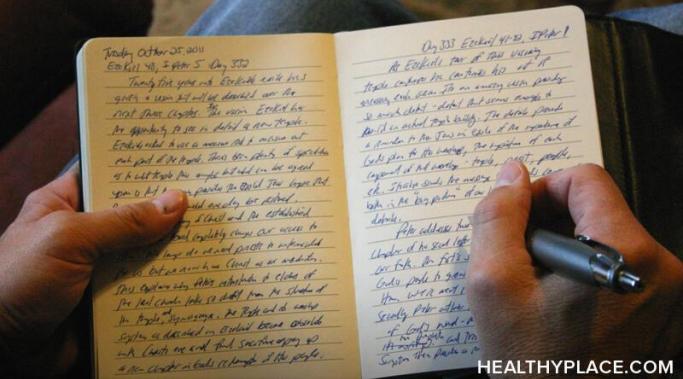As children grow up, they eventually leave the family nest to pursue their dreams and aspirations, and that empty nest can encourage depression. Whether they go to college, explore the world, or start a new job, it may be a challenging and emotional step for parents. Therefore, by preparing for the empty nest chapter of life, parents can be proactive in not letting depression set in for an extended period. For me, the empty nest phase is creeping up quickly, and I am unprepared.
Coping with Depression
I am an introvert who is coping with depression. Being introverted is a personality trait where I thrive on independence and recharge mentally when alone. I can also become emotionally drained when I'm in social settings, including at work. So, how am I, as an introvert, supposed to reach out for help and not become entirely isolated when I'm experiencing an episode of depression? Even though it has been difficult, within the last year, I have come up with some ways of coping with my depression that do not emotionally drain me but allow me not to become isolated.
My name is Dawn Gressard, and I am ecstatic to be a new writer for the "Coping with Depression" blog at HealthyPlace. As a trainer of peer support specialists, I know how vital it is to share similar lived experiences with others, not only for our coping with depression and recovery but for others’ coping as well. It is always easier to endure the journey when you know you are not alone -- and none of us are.
In my final post for the "Coping with Depression" blog, I’d like to wish you all a sincere farewell and offer a few lessons I’ve learned over the last six months.
Mood journaling for people with depression, which simply means keeping a log of your moods, has many benefits. The act of transferring your feelings to paper can be therapeutic, taking bottled-up emotions out of your head and lightening your emotional load. Practicing writing your feelings down can help you better communicate them to your friends, family, or therapist. And looking back through your depression mood journal entries can help you identify trends, triggers, and possible treatments.
Have you tried to fix someone's mental illness? When we see others struggling with mental illness, we often get the urge to help. But for most of us, we aren’t equipped to treat their disease—and trying to can negatively impact our mental health. Sometimes we have to let go and accept that we can’t fix someone else’s mental illness.
I always thought my depression might be inherited because both my parents have experienced it. But we all shared the same house, town, financial situation, and social network when I was growing up, so I wondered if it was more a product of our environment than our genes. As it turns out, both are correct. Experts think depression is about 50 percent inherited and 50 percent other factors.
In the 15 or so years that I've lived with depression, I’ve built a metaphorical toolbox of techniques and relationships that help me keep the darkness at bay. Two of these depression coping tools are my dogs. Here’s how bundles of fur and slobber, known as dogs, help me cope with depression.
Though our society has come a long way in the perception of mental illness, stigmas around this topic are still alive and well. Stigma can be blatant or subtle; sometimes, it’s as small as an individual word or phrase. Here are some tips for choosing the right words and using language to fight mental illness stigma.
Although our society has come a long way in the treatment and perception of mental illness, there’s no doubt that stigmas surrounding these illnesses are still alive and well. Societal stigma can lead to self-stigma, and both can be very damaging to people with depression. Here we'll discuss common stigmas about depression, why they're problematic, and what you can do to fight them.









